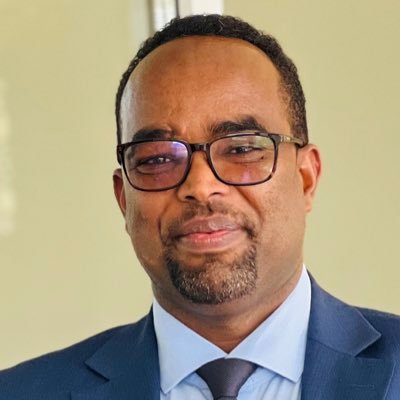The journey from graduation to gainful employment is a significant milestone for graduates in the Somali context, including regions like Somaliland, the Somali region of Ethiopia, and Somalia itself. While the aspiration to secure meaningful employment is universal, the challenges faced by graduates in these regions are distinct and multifaceted. In this article, we will delve into the unique challenges that graduates encounter when seeking employment in the Somali context and explore potential solutions and strategies to address these hurdles.
Economic Constraints
The economic landscape in many parts of the Somali context is characterized by limited resources and opportunities. Graduates often face a scarcity of formal job openings, leaving them with few choices to explore. Economic constraints can hinder career growth and limit options for fresh graduates. Graduates can explore alternative economic opportunities, such as entrepreneurship, microbusinesses, or freelance work, to create income streams while actively searching for formal employment. Additionally, efforts to improve the overall economic climate through education and advocacy can yield long-term benefits.
Political Instability
Political instability has long plagued parts of the Somali context, impacting the stability of institutions and hindering economic development. This instability can create an environment where job opportunities are scarce, and it may be challenging to find secure employment. Graduates can adapt by staying informed about the local political situation and seeking opportunities that align with the prevailing conditions. Networking with professionals who have navigated similar challenges can provide valuable guidance and insights. In some areas of the Somali context, security concerns can affect job-seeking activities. Graduates may face safety issues while commuting to interviews or working in certain locations. Graduates should prioritize safety and stay informed about local security conditions. Employers should also consider security measures to ensure the safety of their staff.
Education-Industry Mismatch
There is often a gap between the skills graduates acquire during their education and the skills demanded by the job market. The disconnect between academia and industry needs can leave graduates ill-prepared for the demands of the workforce. Graduates can take proactive steps to bridge this gap. Pursuing internships, online courses, or additional certifications can help build the skills that are in demand. Employers and educational institutions can collaborate to align curricula with industry requirements.
Limited Networking Opportunities
Networking is a crucial aspect of job searching and career advancement. In some regions within the Somali context, limited networking opportunities exist, which can make it challenging for graduates to connect with potential employers or mentors. Graduates can leverage online platforms, social media, and alumni networks to expand their professional connections. Local events, seminars, and workshops can also serve as valuable networking opportunities.
Language Barriers
In a globalized world, proficiency in English, along with other languages, can be a significant advantage. However, language barriers, particularly in regions where English is not widely spoken, can limit graduates’ access to international job markets and opportunities. Graduates can work on improving their language skills, especially in English, through language courses, online resources, and language exchange programs. Proficiency in English can open doors to a wider range of job opportunities.
Securing a job after graduation in the Somali context is not without its challenges. However, with resilience, adaptability, and strategic planning, graduates can overcome these hurdles and find meaningful employment. Efforts to improve the economic landscape, bridge the skills gap, and foster a supportive environment for entrepreneurship can contribute to a brighter future for graduates in these regions. By addressing these challenges head-on and seeking opportunities for growth and development, graduates can build successful careers in the Somali context.
Hussien Mohamed Yusuf
Hussienm4@gmail.com


































